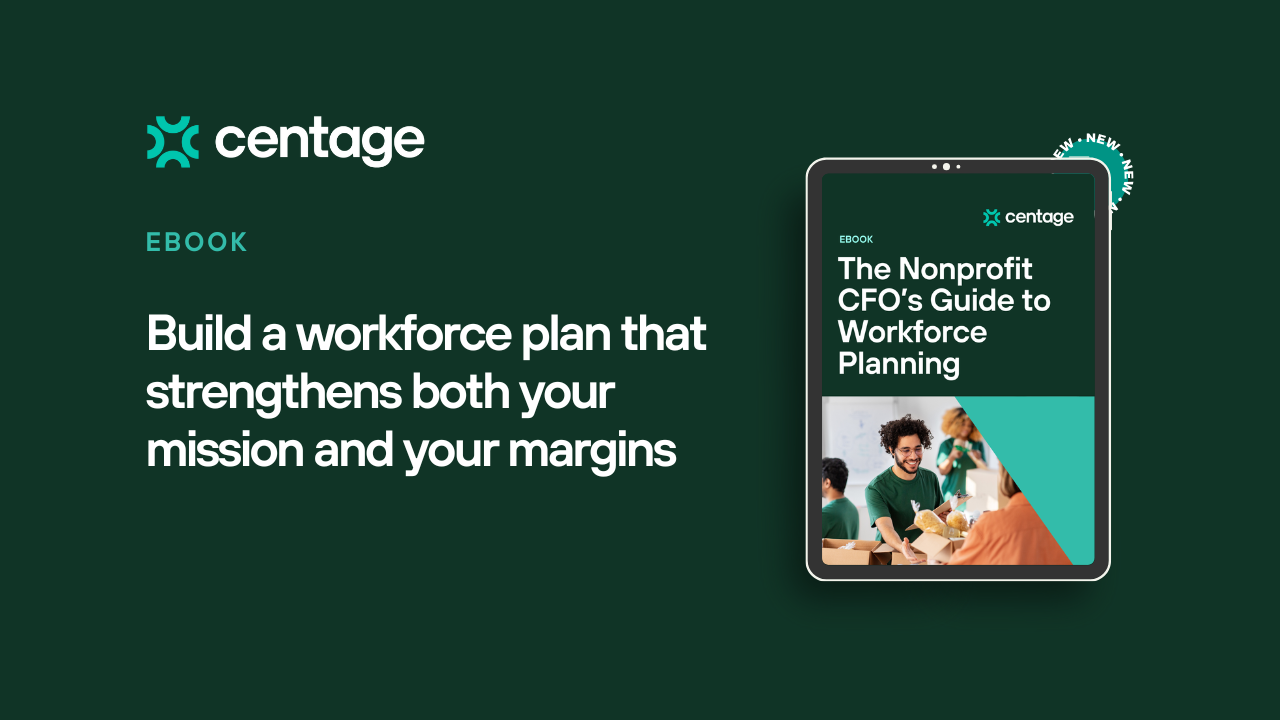Value of HR-Finance Partnership in Workforce Planning
Human resources and finance teams are frequently at odds. While both agree that employees are a company’s greatest competitive advantage, they seem to lack a common language to discuss HR needs. Finance speaks in numbers and the language of the business. HR speaks in terms related to job satisfaction, skills, and company culture.
There is a way, however, to translate from HR to finance – through the use of workforce planning.
Workforce planning is more than knowing how many people are employed by the company and what they are paid. When done right, workforce planning ties human resource metrics to corporate goals and maps out a path that links workforce strategies – from hiring to work environment – to business outcomes.
HR needs a partner in the process, however. With finance a central player in planning for a business’s goal, and HR the caretaker of staffing needs, work environments and forward-looking skills management, it makes sense for these two teams to work closely together to share analytics, forecasts, and roadmaps that will work to meet the company’s needs today and in the future.
The Power of Workforce Planning
Workforce planning is the process of linking HR strategies, metrics and plans to business goals. It incorporates staffing strategies and succession planning, ensuring the organization has the right talent in the right positions to reach its strategic plans.
But there is more to what HR does than identify and plan for hires or set policy on career paths and promotions. HR manages processes that ensure resource costs are in line with both industry standards and company budgets, while also ensuring that teams receive the support they need from management, from training, and from the overall organization.
Much of what HR does is outside of traditional business metrics – the kinds of numbers that are presented to the board of directors or in a performance report. However, HR’s actions have a direct impact on those very things. Without the right resources, companies cannot meet their planned growth objectives. Without understanding an organization’s comparative salary and benefits standing in an industry, companies may not be able to compete for the talent that will help them reach their goals.
HR is swimming in data and workforce planning allows HR teams to turn that data into a story that aligns, in business language, with an organization’s plans. Putting a workforce plan in place, though, requires an understanding of those objectives and goals. That’s where the partnership with Finance becomes critical.
Mapping Forecasts to Workforce Planning
Finance is the central point for planning to meet company growth goals and performance objectives. When HR works closely with finance teams, the process of aligning resource plans and procedures to meet those goals is streamlined. Using the right tools can improve the process even further.
For instance, imagine an organization with a strategic goal for growth through implementation of a new, disruptive technology in development. Leaders have identified that, to be successful, the organization needs a better understanding of market drivers and the competitive landscape in order to build out a new team that will develop and support the product.
Finance will need to build out projections on expected cost and revenue for the new product, its impact to the organization’s performance, and plan for product growth against anticipated revenue realization. But it’s HR that can pull together the data around the talent and the company’s needs to meet this plan. Did finance project enough for new salaries, based on the skills needed to support the project? Are there internal resources that can transition, with or without additional training, to the new product and increase in projected salary? Are there team members that have met their career path objectives that could be moved to heading up teams assigned to the new product?
Answering these questions through a clear workforce plan allows HR to demonstrate the need between talent planning and the business’s objectives. Those plans can be worked in concert with finance to ensure hiring and promotions match with projected revenue realization and that forecasts and budgeted amounts realistically reflect the need to hire, train, transition and promote the right team into place. Working collaboratively results in finance’s projections landing much closer to actual spend, HR’s plans having a greater chance of receiving approval, and the organization successfully reaching its goals.
Collaboration is key, however, and whenever possible, HR and finance teams should leverage tools, like , that make cooperation easier and clearer. The ability to share information and visualize data quickly will allow the teams to make powerful, data driven-decisions that benefit the entire organization and speak a language everyone can understand.
Centage is a cloud-native planning & analytics platform that delivers year-round financial intelligence. Centage offers the sophisticated features needed by small and mid-market organizations to integrate budgeting, forecasting, and deep data analysis within one easy-to-use, scalable SaaS solution. For more information on how to modernize your office of finance with intelligent planning, view our product demonstration video, or call 800-366-5111.
Keep reading...
Interviews, tips, guides, industry best practices, and news.


